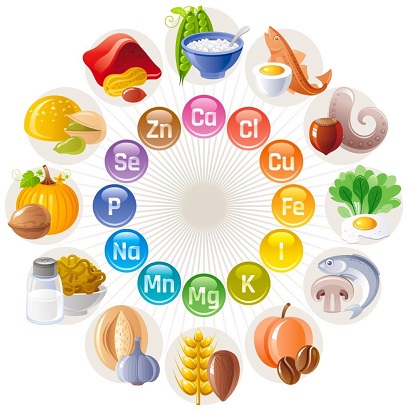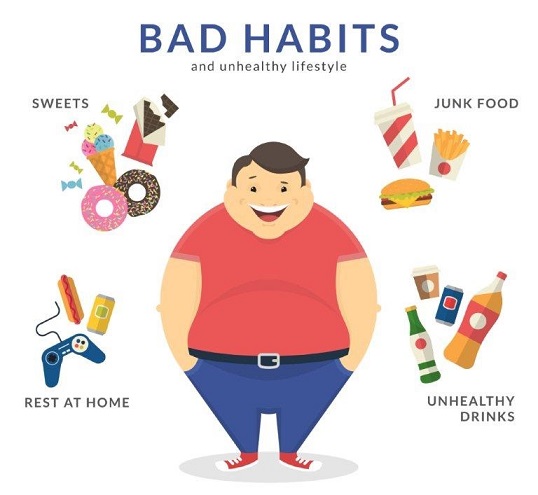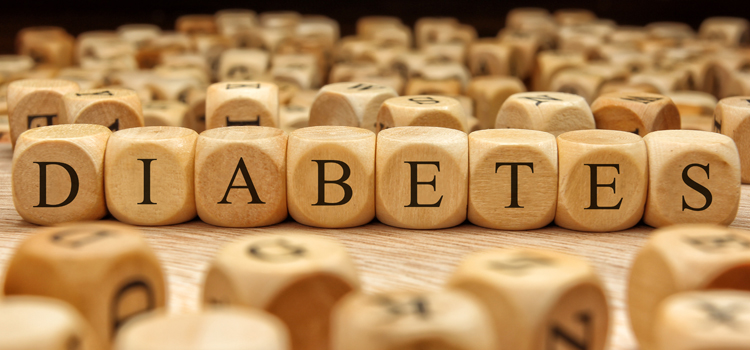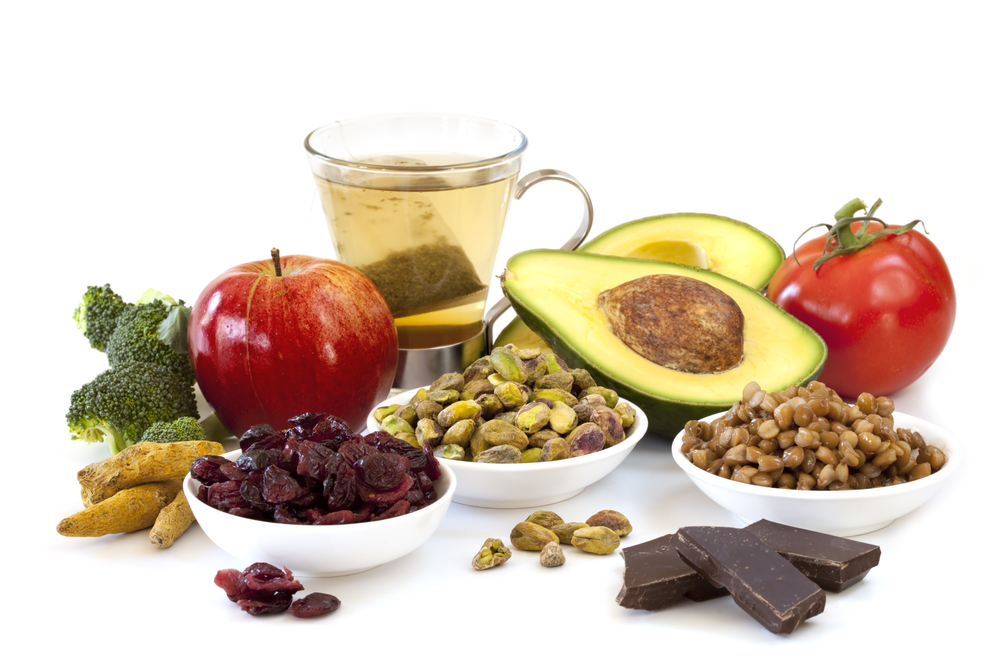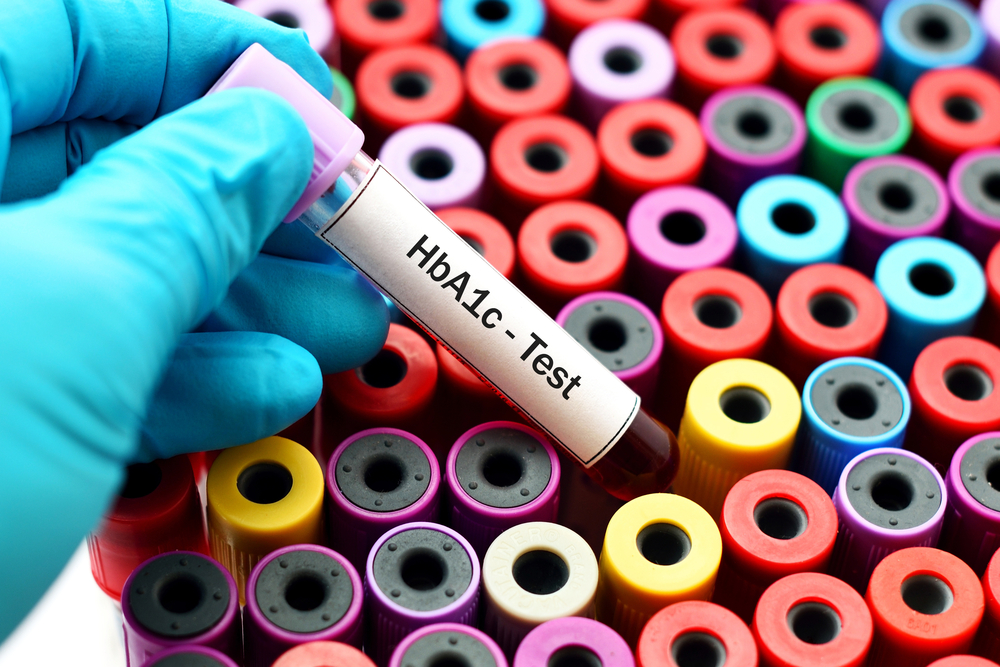The Importance of Hydration in Diabetes Management

Managing diabetes effectively involves several lifestyle adjustments. One of the most crucial is ensuring adequate hydration. Maintaining hydration is fundamental to overall health and quality of life for diabetes, influencing everything from blood sugar control to preventing complications.
1. Blood Sugar Control
One primary reason hydration is vital for those with diabetes is its direct influence on blood glucose levels. Dehydration concentrates the blood, leading to a higher blood sugar level and impairing the kidneys’ ability to filter excess glucose.
By maintaining proper hydration, individuals can regulate their blood sugar, improve glucose metabolism, and reduce the risk of hyperglycaemia. This is crucial for staying within the healthy range for blood glucose, essential for overall health.
2. Preventing Complications
Diabetes is associated with various complications, including kidney disease, cardiovascular issues, and nerve damage. Dehydration can stress the kidneys and lead to impaired function, potentially accelerating the progression of diabetic nephropathy (kidney disease).
Furthermore, good hydration helps maintain cardiovascular health by supporting proper blood circulation, which is crucial for people with diabetes since they are at a higher risk for heart disease.
3. Supporting Healthy Circulation
Hydration for diabetics is crucial to maintaining optimal blood circulation and transporting nutrients and oxygen throughout the body. For individuals with diabetes, poor circulation can result in issues such as neuropathy (nerve damage) and slow wound healing. Ensuring adequate fluid intake can help maintain blood volume and flow, reducing the risk of circulation-related issues.
4. Weight Management
Managing weight is central to diabetes control, as excess weight can increase insulin resistance and elevate blood sugar levels. Proper hydration supports weight management by enhancing the sensation of fullness and decreasing the chances of overeating.
Often, thirst may be confused with hunger, leading to unnecessary snacking. Drinking water regularly can help regulate appetite and avoid excess calorie intake, making it easier to keep sugar-down symptoms at bay.
5. Enhancing Physical Activity
Physical activity is essential for diabetes management, improving insulin sensitivity and lowering blood sugar levels. However, dehydration can negatively impact physical performance, making it difficult to engage in exercise.
Staying well-hydrated can improve endurance and overall physical performance, allowing individuals to maintain an active lifestyle crucial for managing diabetes. Incorporating hydration strategies before, during, and after exercise can help optimize physical activity and enhance its benefits.
6. Mental Clarity and Mood Stability
Dehydration can significantly impact cognitive function and emotional well-being. Research published in ACSM’s Health and Fitness Journal indicates that even slight dehydration can result in difficulty concentrating, increased fatigue, and mood disturbances.
For individuals with diabetes, maintaining mental clarity and emotional stability is essential for making informed health decisions and adhering to diabetes management strategies. Proper hydration can help support cognitive function and enhance overall mood, making it easier to cope with the challenges of living with diabetes.
7. Maintaining Electrolyte Balance
Electrolytes, such as magnesium, potassium, and sodium, are essential for numerous bodily functions, such as nerve activity and muscle contraction. Hydration for diabetics plays a critical role in maintaining the balance of these electrolytes.
For individuals with diabetes, this balance is particularly crucial, as they may already experience issues related to nerve function. Drinking adequate fluids helps ensure that the body maintains proper electrolyte levels, supporting overall health and preventing complications.
Practical Tips for Staying Hydrated
While the importance of hydration is evident, many individuals may struggle to consume enough fluids throughout the day. Here are some practical tips to promote hydration:
1. Drink Water Regularly: To stay hydrated, consume at least 8 glasses (roughly 2 litres) of water daily. Adjust this figure according to lifestyle, weather, and specific hydration needs. Keeping a water bottle handy encourages regular sipping.
2. Monitor Urine Colour: Pay attention to urine colour as an indicator of hydration status. Light yellow urine indicates proper hydration, while darker urine may signal dehydration.
3. Limit Sugary Beverages: Avoid high-sugar drinks, such as sodas and fruit juices, which can spike normal sugar levels and contribute to dehydration. Opt for water, herbal teas, or flavoured water with fresh fruits.
4. Consume Hydrating Foods: Many foods, such as fruits and vegetables, are known for their water content, which can help with hydration for diabetes. For example, cucumbers, oranges, watermelons and strawberries provide hydration and essential vitamins and minerals.
5. Set Reminders: Use reminders or smartphone apps to prompt regular water intake throughout the day, helping to establish a hydration routine.
6. Hydrate Before, During, and After Exercise: Ensure proper hydration before physical activity, and drink water during and after exercise to replenish lost fluids.
Regular hydration mitigates diabetes-associated risks, making it integral to a comprehensive treatment. Additionally, staying informed about various diabetes tests and understanding diabetes causes empowers individuals to make better hydration choices.
Book a glucose fasting test with Dr Lal PathLabs to stay ahead and manage blood sugar levels.
FAQs
1. What is the importance of hydration?
Hydration maintains bodily functions, regulates temperature, and supports cognitive health while preventing dehydration-related issues.
2. What happens when a person with diabetes becomes dehydrated?
Dehydration can raise normal sugar levels, impair kidney function, and increase the risk of complications like diabetic ketoacidosis.





